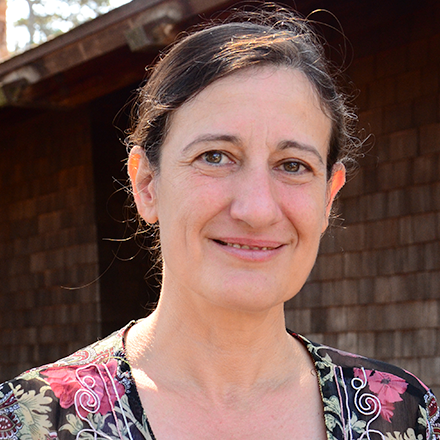The summer camp and field trips are scheduled for July 1st – July 7th 2019. The basic plan is to drive from Moffett Field/NASA lodge to Hat Creek on Monday the 1st, spend Tuesday and Wednesday at Hat Creek doing radio astronomy with Dr. Jill Tarter, then Thursday and Friday at Lassen National Park exploring geology and doing astrobiology at relevant sites such as Cinder Cone, Subway Cave, Bumpass Hell, and Sulphur Works. Sunday July 7th, we’ll drive back to Mountain View. A second 2.5-day trip is scheduled for the week-end on July 19-21 2019. The objective of the coastal field trip (Pescadero, Pigeon Point Light House, Moss Landing, Monterey, and Big Sur) is to explore the biological and geological features of a coastal environment in the context of the astrobiology research done at the SETI Institute. In particular, but not limited to, we will explore and discover the source-to-sink systems of a variety of coastal sedimentary environments and the geobiological features associated with ancient, recent, and modern geological formations, as well as habitation by modern animal and microbial life.

Rosalba Bonaccorsi is an interdisciplinary scientist at the SETI Institute’s Carl Sagan Center and NASA Ames Research Center.
Rosalba has been involved as instructor during the one-week REU summer camp since 2011 and she has been the astrobiology field trip Director for the past six years. She will be your coach, mentor, and safety officer to ensure that every field participant is well taken care of. As astrobiology instructor, she will lead the field trips and hands-on activities to geologically and biologically relevant sites of the Lassen National Park (Cinder Cone, lava tubes, and hydrothermal systems) and coastal sites.
In 2001, Rosalba obtained her Ph.D. in Geological, Marine, and Environmental Sciences from the University of Trieste (Italy). Since 2005, she has expanded her interest to the habitability of mineralogical Mars analogs and very dry desert regions worldwide. For the past 10 years, she has been science team member and field instructor during NASA’s Spaceward Bound expeditions to remote places including the Mojave Desert, Antarctica, Atacama (Chile), Australia, New Zealand, Israel, the Namib Desert, and the Tibetan Plateau.
Rosalba joined the SETI Institute in 2008. She is keen to achieve a wide picture of where life and its signatures are most successfully distributed, concentrated, preserved, and detected. Since 2008, in Death Valley National Park, she has been working on the Ubehebe Volcanic Field (UVC), where she is applying results from this research to Mars Science Laboratory (MLS) mission objectives in collaboration with MSL scientists. In Death Valley, Rosalba has been working on several projects such as the long-term monitoring of weather/climate and surface water cycle, formation, and stability of short-lived water bodies, source-to-sink of sedimentary clay minerals (clays); astrobiology of clays; and life detection protocols. In close collaboration with the National Park Service, she has been conducting Park Ranger programs for the past 5 years. She worked as Road Scholar Lifelong Learning field instructor for the Death Valley Natural History Association in 2014. Formerly an elementary school teacher, she has been involved with Education and Public Outreach with non-profit and corporate organizations since 1989.
Dr. Rosalba Bonaccorsi
REU astrobiology field trip director
SETI Institute @ NASA Ames Research Center
Space Science & Astrobiology Division
M.S. 245-3, Moffett Field, CA 94035
rosalba.bonaccorsi-1@nasa.gov
